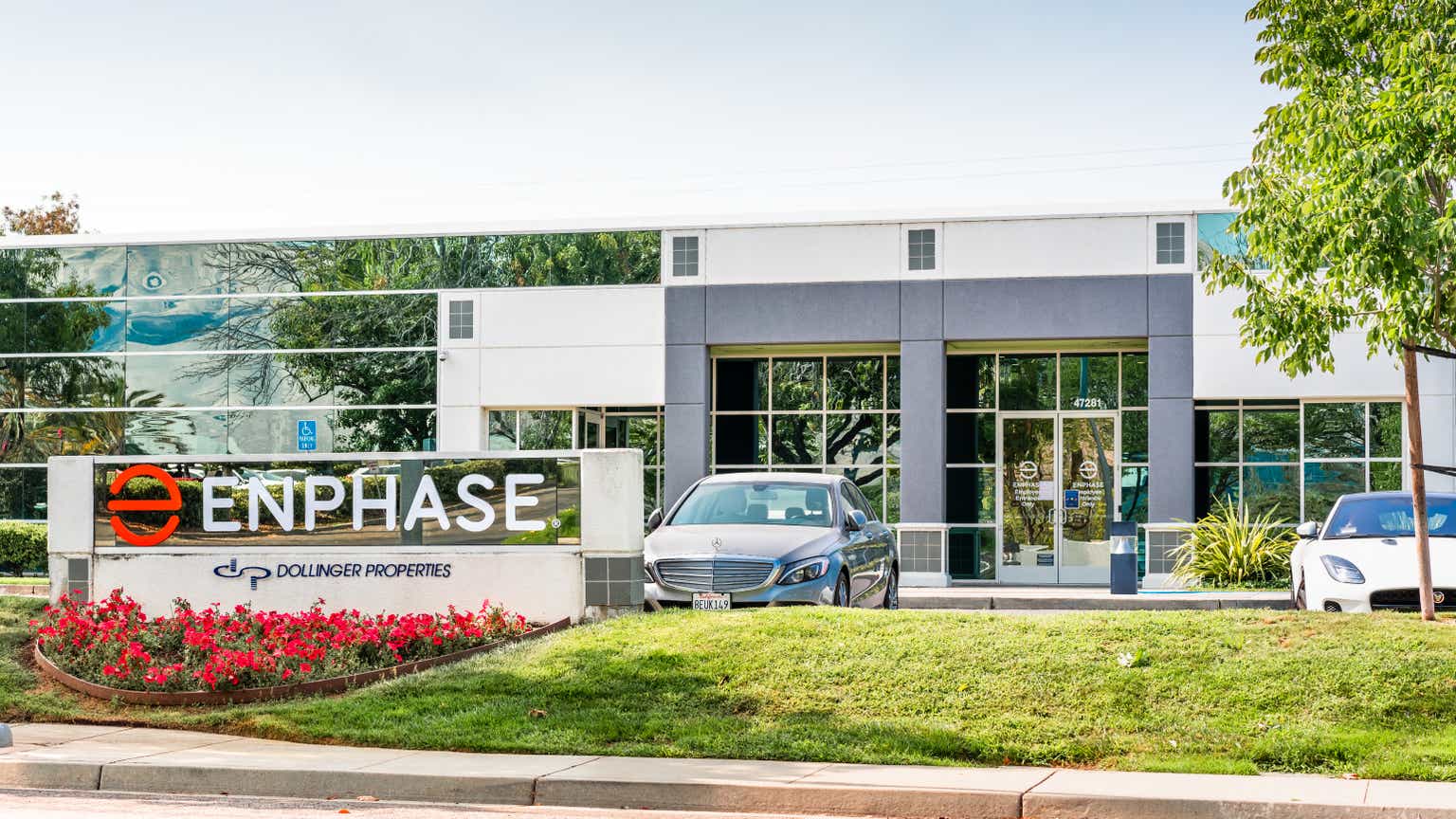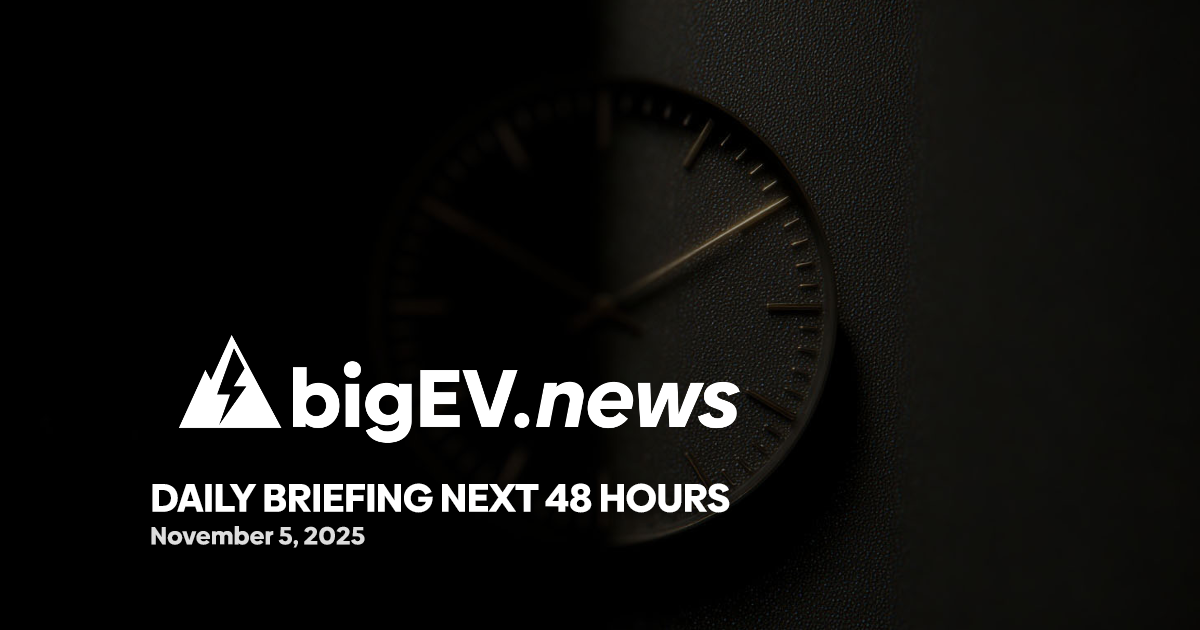A notable surge in battery electric vehicle (BEV) sales significantly influenced the US auto sales figures for September 2025, coinciding with the impending expiration of tax credits on September 30. This uptick highlights a critical moment for the automotive industry, as manufacturers and consumers alike navigate the shifting landscape of incentives and regulatory frameworks. The urgency to capitalize on the remaining tax benefits has propelled BEV sales, underscoring the importance of government policies in shaping market dynamics. As automakers ramp up production to meet this demand, the implications for supply chains and inventory management become increasingly pronounced.
The key takeaway from this trend is the pivotal role of tax incentives in driving consumer behavior and market performance. As the deadline for tax credits looms, manufacturers must strategically align their offerings to maximize sales opportunities while preparing for a potential slowdown post-expiration. This scenario not only emphasizes the need for adaptive business strategies but also raises questions about the long-term sustainability of BEV sales without government support. The automotive sector must now consider how to maintain momentum in a rapidly evolving market, balancing innovation with consumer affordability and regulatory compliance.









